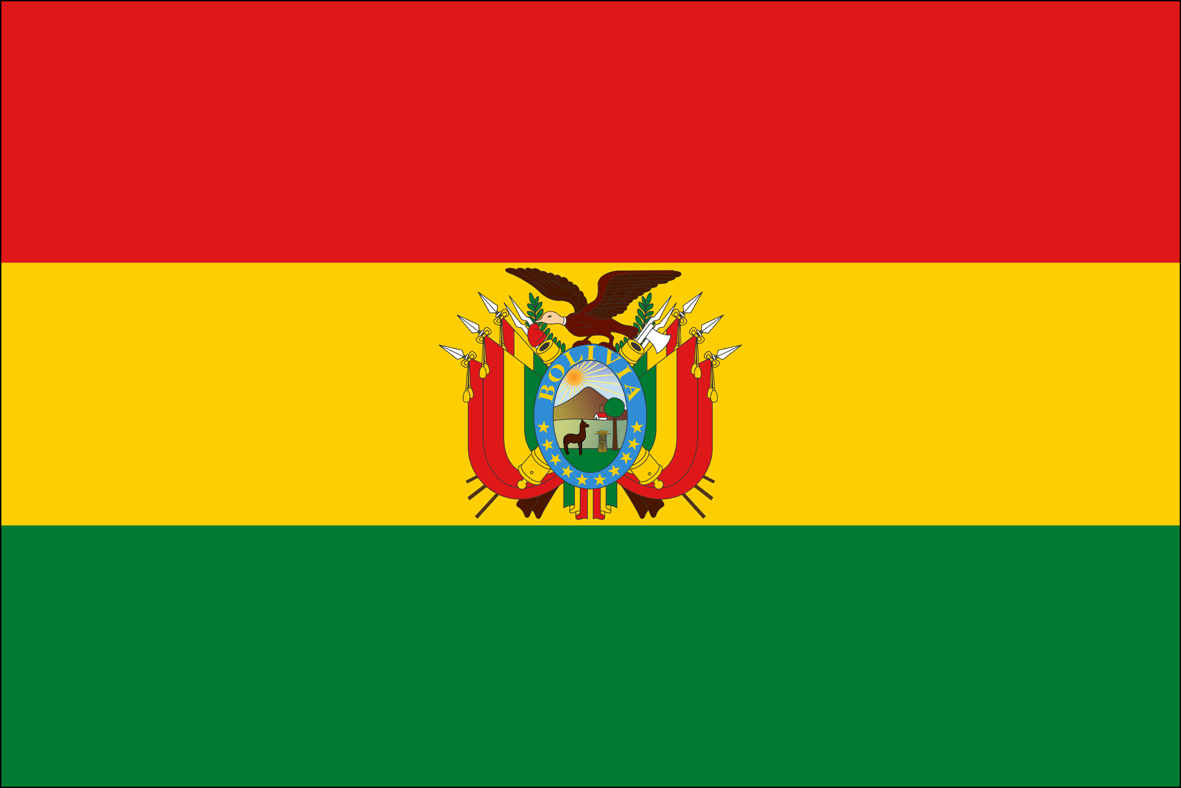Bolivia in Space |
||
|---|---|---|
 |
||
Agencies
|
||
Space LinksReferences |
||
MILITARY POWERSPECIAL WEAPONSINTELLIGENCE | ||
It is the fifth Chinese communications satellite for international users and the second in-orbit delivery for a Latin American customer. China launched a telecom satellite for Venezuela in 2008. The successful launch will bring Bolivia into an age of digital economy and make its people more connected, said Ivan Zambrana, head of the ABE.
The satellite was designed to provide Internet service across much of Bolivia, radio and communications emissions. The satellite is 2.36 meters long, 2.1 meters wide and weighs 5.3 tons. Through the satellite, Entel hopes to expand mobile telephone, broadband Internet, TV and radio service throughout Bolivia, especially to the more remote communities.
The state-run National Telecommunications Company (Entel) is the main user of the satellite, which was launched on Dec. 21, 2013 from the Xichang Satellite Launch Center in China's southwestern province of Sichuan. Bolivian President Juan Evo Morales Ayma was present, the first time a foreign head of state has witnessed a satellite launch in China.
Chinese President Xi Jinping sent a message of congratulations to President Morales, saying the successful development and launch of the satellite represents the latest achievements and level of cooperation between China and Bolivia in the field of science and technology. "The satellite will play an important role for Bolivia to improve its broadcasting, education and medical services. It will make important contributions to promote cooperation between China and Latin American countries," Xi said.
By April 2016 Bolivia had collected 33 million U.S. dollars through the services of the Tupac Katari communications satellite after two years of operation, the Bolivian Space Agency (ABE) announced. The satellite, which was launched by China, is currently using 60 percent of its capacity to benefit 25 Bolivian companies, according to ABE.
The income from the satellite had surpassed expectations and the 302-million-dollar investment would be recouped within 15 years of operation, ABE director Ivan Zambrana told a press conference. "The satellite is beginning to bear fruit and we have many more contracts already set to meet the loan," said Zambrana.
He noted that this would allow the country to repay the loan China granted to build and put the satellite into orbit. In December 2010, the Bolivian government and the China Development Bank agreed on a loan worth 295 million dollars to finance the project.
Bolivia was set to make its fifth loan payment worth 10 million U.S. dollars to the China Development Bank for a satellite China helped the South American country build and launch, the Bolivian Space Agency (ABE) announced on 02 June 2016. Bolivia had been making biannual payments for the Bolivian Tupac Katari satellite. Ivan Zambrana, executive director of the ABE, said "with this payment in June, we will have paid back around 50 million dollars. We are honoring our credit with our own resources to make use of the satellite and we will have covered the costs of this investment in 15 years."
|
NEWSLETTER
|
| Join the GlobalSecurity.org mailing list |
|
|
|

